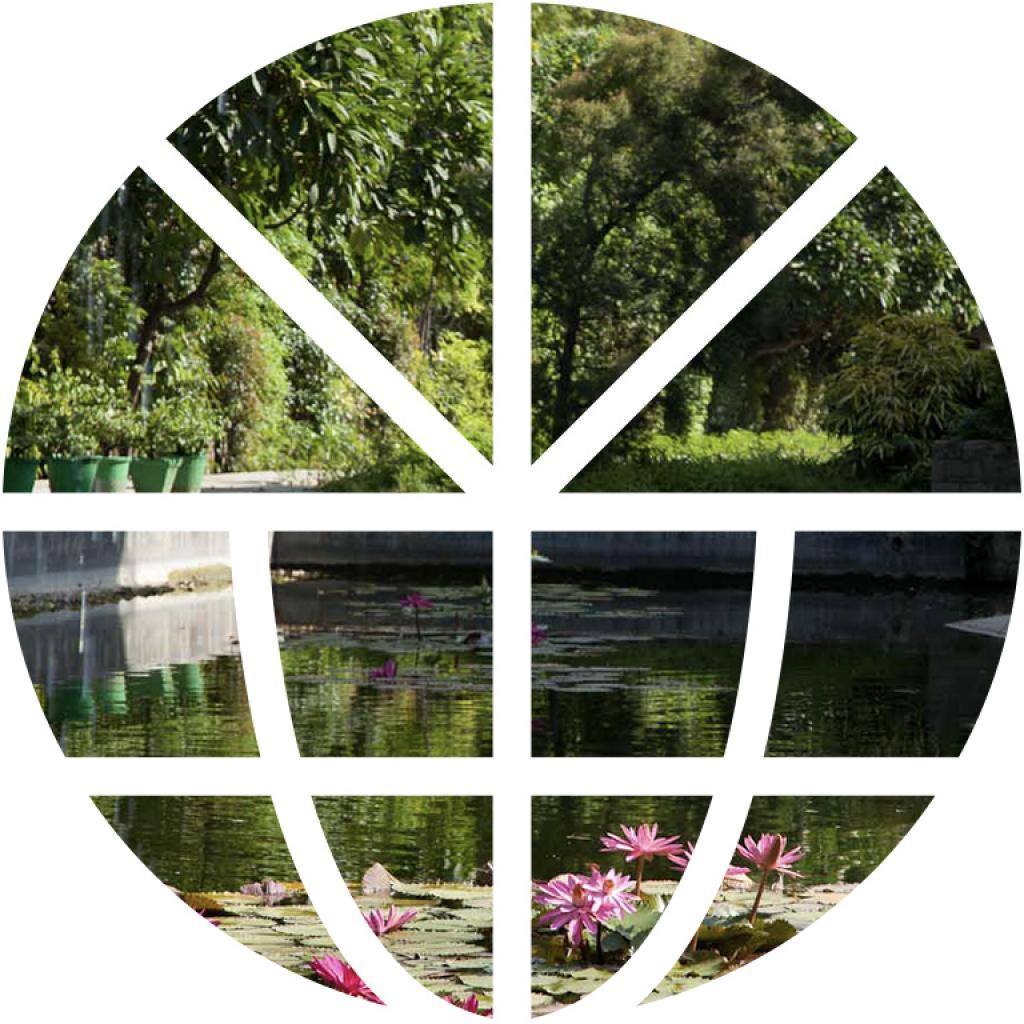MUSIC APPRECIATION PROMOTION
Life and times of Kris Kristofferson
An illustrated lecture presented by Paranjoy Guha Thakurta
Kris Kristofferson, who passed away on 28 September 2024 at the age of 88, was an anti-establishment American singer, songwriter and actor. Among the famous songs he wrote was "Me and Bobby Mc'Gee," which was dedicated to his friend Janis Joplin; and among the well-known films he acted in with Barbra Streisand was A Star is Born.
Paranjoy Guha Thakurta is a journalist, author, publisher, maker of documentary films and music videos, occasional teacher and music lover.









